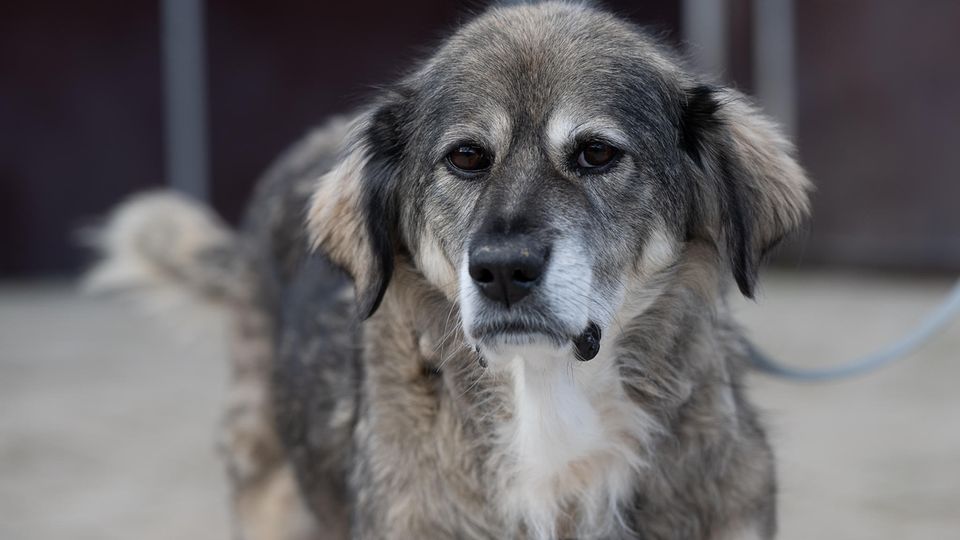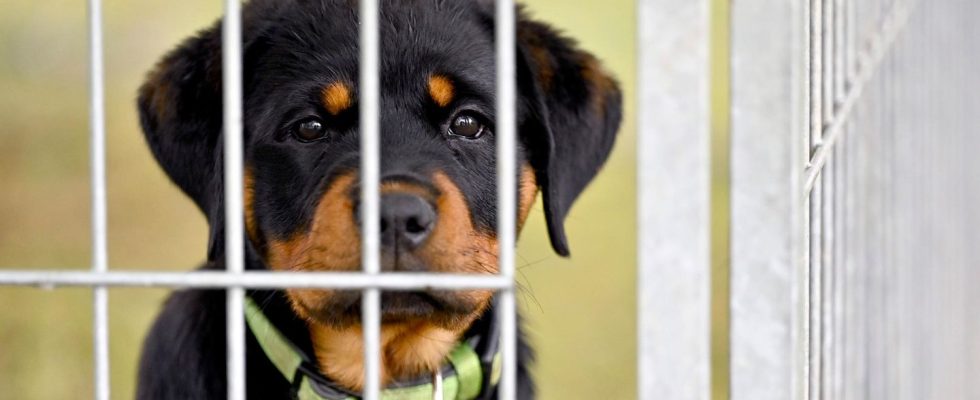Opinion poll
Too little money, too little space: Germany’s animal shelters are at their limit
Germany’s animal shelters are often the saviors in times of need for dogs, cats, birds and hamsters. But the animal shelters themselves are in dire straits.
© Dwi Anoraganingrum / Imago Images
Germany’s animal shelters are working hard: they are full, overloaded and underfunded, a survey has shown. “In fact, the situation of animal shelters is more dramatic than ever before,” says the President of the German Animal Welfare Association.
The animal shelters in Germany are doing worse than ever. According to a survey by Editorial Network Germany (RND) among 85 animal shelters from all federal states, the facilities are increasingly reaching their limits. Accordingly, three quarters of animal shelters describe their occupancy as at least high. More than 17 percent said they no longer had any space at all.
According to RND, this also affects the admission of animals: 80 percent of the animal shelters surveyed stated that they no longer accept dogs from private individuals – or only via a waiting list. For cats it is 60 percent.
“In fact, the situation of animal shelters is more dramatic than ever before,” said Thomas Schröder, President of the German Animal Welfare Association, to the RND. Facilities and employees are at their limits.
Problem dogs become a problem for animal shelters
According to RND, there are several reasons why animal shelters are overloaded. Among other things, more animals are being given away, which are also more difficult to adopt. The fact that more dogs and cats are being given into homes is because the four-legged friends are often purchased without thinking. This was particularly the case during the corona pandemic. In addition, there were placements from abroad who behaved differently in the new families than described.
One of the main problems, according to animal shelters, is problem dogs. “I have completely different demands on the building and staff. I need free range, I need sufficiently large enclosures, I need a lot more and well-trained staff to actually keep the animals in such a way that they are or will be adoptable,” said Schröder . He criticizes: “The demands on animal shelters have grown, but there is no one who can help us meet them.”
Animal shelters in Germany have major financial concerns
According to the report, another problem is unneutered outdoor cats, which provide a lot of offspring. In addition, fewer animals are being placed in a new home, said Astrid Paparone from the Giessen Animal Welfare Association to the RND. “Due to Corona there is a certain saturation in the market.”
In addition, according to the RND, there is an increasing financial burden on animal facilities. Animal Welfare Association President Schröder said that the investment backlog in the association’s animal shelters amounts to 160 million euros – in total he estimates the sum at 200 million euros. In the RND survey, around three quarters of the animal shelters stated that they had financial problems – or were above the pain threshold. Rising costs for food, energy and veterinarians are just as responsible for this as a declining willingness to donate.

Schröder sees federalism as a starting point for changing the plight of animal shelters. This offers the federal and state governments the opportunity to “shift responsibility all the way down to the municipalities and districts.” That is not legitimate.
Action should now be taken at the federal level. The Federal Animal Welfare Commissioner Anette Kari invited the actors involved to a round table in Berlin at the beginning of February. She calls for the curbing of spontaneous animal purchases, stronger regulation of online trading, but also more expertise among animal owners.

